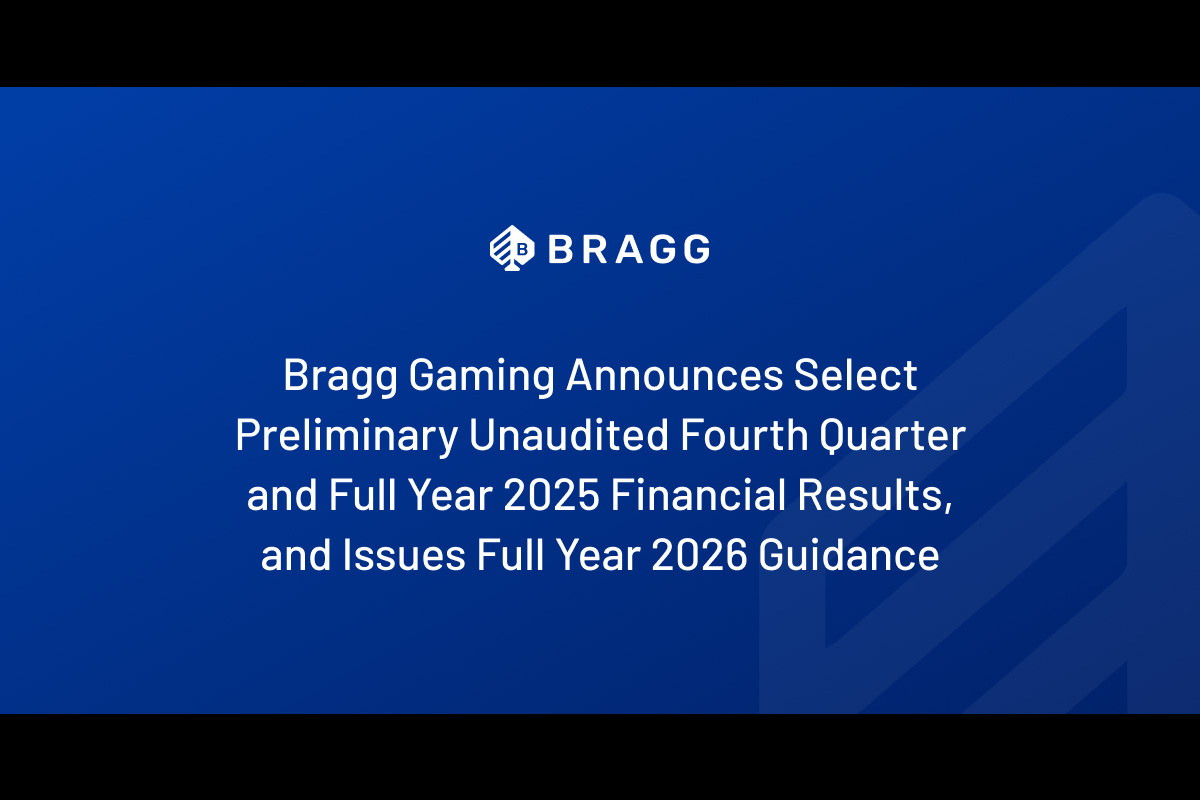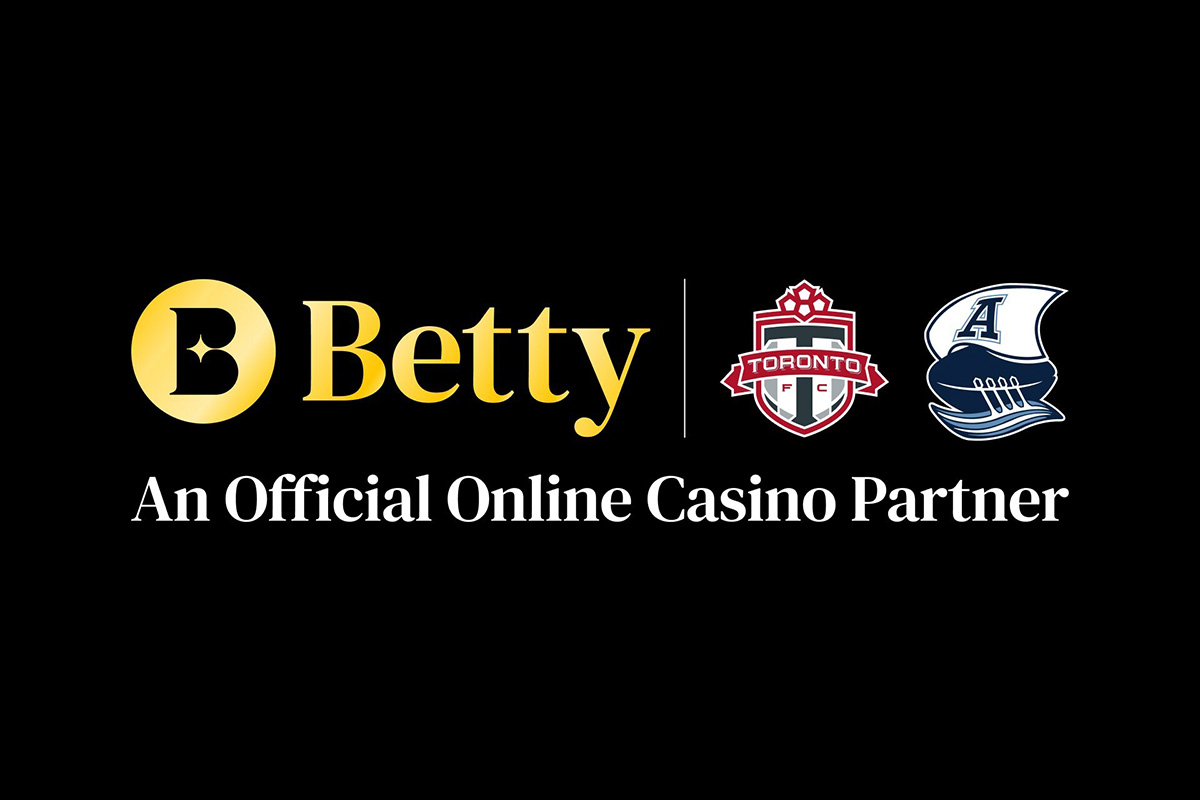Canada
Fraudsters in Canada Shift Focus to Travel and Leisure

As the prevalence of digital fraud attempts on businesses and consumers continues to rise, TransUnion’s newest quarterly analysis found that fraudsters are re-focusing their efforts from financial services to the travel and leisure and gaming industries.
Across industries, the rate of suspected digital fraud attempts1 rose 16.5% globally when comparing Q2 2021 to Q2 2020. In Canada, the percentage of digital fraud attempts increased at a much higher rate of 44.9% during the same time period. Gaming and travel and leisure were the two most impacted industries globally for the suspected digital fraud attempt rate, rising 393.0% and 155.9% in the last year, respectively. In Canada, this rate rose 209.8% for gaming and 216.1% for travel and leisure.
TransUnion monitors digital fraud attempts reported by businesses in varied industries such as gambling, gaming, financial services, healthcare, insurance, retail and travel and leisure, among others. The conclusions are based on intelligence from billions of transactions and more than 40,000 websites and apps contained in its flagship identity proofing, risk-based authentication and fraud analytics solution suite – TransUnion TruValidate
“It is quite common for fraudsters to shift their focus every few months from one industry to another,” said Anne-Marie Kelly, head of Market Development, Identity Management and Fraud Solutions at TransUnion. “Fraudsters tend to seek out industries that may be seeing an immense growth in transactions. This quarter, as countries began to open up more from their COVID-19 lockdowns and travel and other leisure activities became more mainstream, fraudsters clearly made this industry a top target. The immense growth in gaming fraud also can likely be attributed to the shifts in focus of fraudsters as this growing market becomes a larger target.”
An example of the shift in focus of fraudsters can be seen in financial services. Global financial services suspected online fraud attempt rates had risen 149% when comparing the first four months of 2021 and the last four months of 2020. But when comparing Q2 2021 and Q2 2020, the rate of suspected online financial services fraud attempts have still risen, but at a much lower rate of 18.8% globally and 29.7% in Canada.
Global Industry Year-over-Year Suspected Digital Fraud Attempt Rate Increases and Declines in Q2 2021
| Industry | Suspected Fraud Percentage Change |
Top Type of Fraud | |
| Largest Percentage Increases | |||
| Gaming | 393.0% | Gold Farming | |
| Travel & Leisure | 155.9% | Credit Card Fraud | |
| Gambling | 36.2% | Policy/License Agreement Violations | |
| Largest Percentage Declines | |||
| Logistics | -49.2% | Shipping Fraud | |
| Telecommunications | -30.8% | True Identity Theft | |
| Insurance | -16.7% | Suspected Ghost Broker | |
Industry Year-over-Year Suspected Digital Fraud Attempt Rate Increases and Declines in Q2 2021 Coming from Canada
| Industry | Suspected Fraud Percentage Change |
Top Type of Fraud | |
| Largest Percentage Increases | |||
| Travel & Leisure | 216.1% | Credit Card Fraud | |
| Gaming | 209.8% | Gold Farming | |
| Retail | 139.4% | Inappropriate Content | |
| Logistics | 90.3% | Shipping Fraud | |
| Largest Percentage Declines | |||
| Telecommunications | -97.2% | True Identity Theft | |
| Gambling | -39.8% | Policy/License Agreement Violations | |
| Communities (Online dating, forums, etc.) |
-22.2% | Profile Misrepresentation | |
More than one-third of consumers continue to be targeted by COVID-19 related digital fraud
As online fraud attempts against businesses continue to escalate, one in three consumers stated that they have been targeted by a digital fraud scheme related to COVID-19 during the second quarter of 2021. TransUnion’s Consumer Pulse study in June 2021 found that approximately 36% of global survey respondents said they were targeted by fraudsters in COVID-19 related digital schemes. The same percentage of respondents (36%) in Canada also said they were targeted.
Phishing is the top type of COVID-19 related digital fraud impacting global consumers in Q2 2021. Phishing is a cybercrime that uses methods like email, text messages and websites to steal personal information, which criminals use to commit identity and financial crimes. Among global consumers who say they were targeted with COVID-19-related digital fraud, 33% state they have been targeted by or fallen victim to such fraud. Stolen credit card or fraudulent charges was the second most cited type of COVID-19 related online fraud among those targeted, affecting global consumers at 24%. In Canada, phishing was number one at 41% followed by stolen credit card or fraudulent charges at 25%.
“More than one in three Canadians surveyed have been targeted by or fallen victim to digital fraud during the pandemic, placing even more pressure on businesses to ensure their customers are confident in transacting with them,” said Kelly. “As fraudsters continue to target consumers, it’s incumbent on businesses to do all that they can to ensure their customers have an appropriate level of security to trust their transaction is safe all while having a friction-right experience to avoid shopping cart abandonment.”
Powered by WPeMatico
Canada
CasinoCanada enters partnership with Beef Casino

CasinoCanada has partnered with Beef Casino, an online gaming platform operated by Royal Partners. The partnership will enhance Beef Casino’s brand visibility in Canada through editorial coverage and targeted digital promotion.
CasinoCanada will produce in-depth reviews, analytical comparisons, and SEO-focused content for Canadian audiences and also generate SEO-based traffic to Beef Casino. This content will offer players accurate, transparent insights into Beef Casino’s offerings and support its regional growth.
CasinoCanada is an online casino information portal run by SEOBROTHERS.
Eugene Ravdin, Head of PR at SEOBROTHERS, commented: “Our cooperation with Beef Casino reflects our strategy of working with established operators that prioritize compliance, security, and user experience. Backed by Royal Partners’ extensive portfolio and operational expertise, Beef Casino brings strong value to the Canadian market. Through CasinoCanada.com, we aim to deliver clear, research-based content and sustainable traffic growth, building a partnership grounded in consistency and measurable results.”
Beef Casino operates under a licence from the Curaçao Gaming Authority. Managed by Royal Partners, one of the leading direct advertisers in the gambling sector, the brand benefits from a network of 17 proprietary products and over 1 million active users worldwide, according to the Royal Partners website.
The platform features thousands of premium gaming titles, including popular slots and a comprehensive Live Casino experience. Beef Casino uses advanced encryption technologies and operates under a trusted international licence to protect personal and financial data. 24/7 support is available via Live Chat, email, and hotline.
Lena Patrubeika, Head of EU-department at Royal Partners, stated: “The collaboration between Beef Casino, managed by Royal Partners, and CasinoCanada.com is built on a professional and disciplined approach. We find their team to be responsive to our brand’s requirements and consistent in their communication. The primary benefit of this partnership is the transparency they maintain throughout the workflow. Looking ahead, we aim to maintain this steady cooperation and continue fulfilling our mutual objectives.”
The agreement highlights both parties’ commitment to transparency, operational efficiency, and long-term growth in the competitive Canadian iGaming market.
The post CasinoCanada enters partnership with Beef Casino appeared first on Americas iGaming & Sports Betting News.
Adjusted EBITDA
Bragg Gaming Announces Select Preliminary Unaudited Fourth Quarter and Full Year 2025 Financial Results, and Issues Full Year 2026 Guidance

Bragg Gaming Group has announced that its preliminary unaudited financial results for the year ended December 31, 2025 are expected to come within its previously issued guidance ranges for both revenue and Adjusted EBITDA.
The Company anticipates the fourth quarter and full year 2025 financial results to include the following highlights:
Fourth quarter 2025 revenues to be approximately EUR 27.7 million, an increase of 1.8% from EUR 27.2 million in the fourth quarter of 2024, and Adjusted EBITDA to be approximately EUR 6 million (representing an Adjusted EBITDA Margin2 of approximately 16.6%), compared to EUR 4.7 million (representing an Adjusted EBITDA Margin of approximately 17.2%) in the fourth quarter of 2024. High-margin proprietary content revenue grew by 70% in Q4-2025 over Q4-2024, primarily driven by growth in the US.
Full year 2025 revenues to be approximately EUR 106.1 million, an increase of 4.0% from EUR 102.0 million in 2024, and Adjusted EBITDA to be approximately EUR 16.6 million (representing an Adjusted EBITDA Margin of approximately 15.6%), compared to EUR 15.8 million (representing an Adjusted EBITDA Margin of approximately 15.5%) in 2024. The Company notes that, excluding the Netherlands given its challenging regulatory environment, expected 2025 revenues would represent an 18% increase from 2024, driven by the Company’s performance in Brazil and the US.
These figures are preliminary and unaudited, and actual revenues, Adjusted EBITDA, and Adjusted EBITDA margin may differ.
Bragg is providing this information at this time because of planned investment community meetings to be held ahead of the release of its fourth and full year 2025 financial results and conference call in March 2026.
Anticipated Financial Highlights for 2026
Revenue Guidance: Revenue for the year ended December 31, 2026 is expected to be in the range of EUR 97.0 million to EUR 104.5 million, despite Bragg anticipating that it will have to continue navigating increasingly complex regulatory compliance requirements and recent tax changes in the Netherlands and other regions in which the Company operates.
Adjusted EBITDA Guidance: Adjusted EBITDA for the year ended December 31, 2026 is forecasted to be in the range of EUR 16.0 million to EUR 19.0 million (representing an Adjusted EBITDA Margin of approximately 16.0% to 18.0%), supported by factors which include a continuing shift toward higher-margin product offerings and the structural cost savings expected from Bragg’s recently announced initiative to utilize artificial intelligence (AI) to drive cost efficiencies and improve operational excellence.
Matevž Mazij, Chief Executive Officer for Bragg, said: “Based on the preliminary results, we delivered another record year in 2025, as demonstrated by increased revenue and higher Adjusted EBITDA. Now in 2026, we remain confident in our ability to successfully navigate evolving international regulatory and taxation developments, continue to increase our overall content market share in Brazil and the United States, aggressively pursue emerging alternative markets, such as Historical and Live Racing and Prediction Markets, and move into new jurisdictions that offer opportunities for higher margin content business. At the same time, we plan on thoughtfully harnessing the power of the Bragg AI Brain to reduce our overall cost structure, drive EBITDA growth, and move toward sustained net profitability. We look forward to updating investors as we progress.”
The post Bragg Gaming Announces Select Preliminary Unaudited Fourth Quarter and Full Year 2025 Financial Results, and Issues Full Year 2026 Guidance appeared first on Americas iGaming & Sports Betting News.
Betty Casino
Betty Casino Announces Partnerships with Toronto FC and Toronto Argonauts

Betty Casino has announced new sports partnerships with Toronto FC and the Toronto Argonauts, creating more opportunities for game-day fun in Ontario. These collaborations will bring new in-game interactive fan experiences, concourse activations and chances to win prizes.
As an official online casino partner, Betty will activate across key touchpoints throughout the season, including in-venue presence and fan-focused moments online. The Toronto FC partnership launched on February 21 with the start of the MLS season, while the Toronto Argonauts partnership begins May 23 with a pre-season game in Hamilton.
Betty’s partnerships bring Toronto together through moments of exhilaration. From matchday excitement at BMO Field to online celebrations, the game-day experience will extend beyond the final whistle.
“For fans, this partnership means more ways to engage with the teams they love and trust. We’re creating experiences that are exciting, rooted in the city, and most importantly, fun,” said Dikla Revach, Chief Growth Officer at Betty.
Betty’s growing lineup of Toronto sports collaborations highlights its commitment to responsible, entertaining, and community-driven experiences for Ontario players. Fans can follow Betty’s channels for updates, announcements, and chances to win throughout the season.
Throughout the partnership, responsible gaming practices will be prioritized in all programming. Engagement strategies will adhere to Ontario’s iGaming regulatory standards and emphasize safe, age-appropriate fan interactions.
The post Betty Casino Announces Partnerships with Toronto FC and Toronto Argonauts appeared first on Americas iGaming & Sports Betting News.
-

 Blueprint Gaming7 days ago
Blueprint Gaming7 days agoBlueprint Gaming unleashes Frankenstein’s Fortune blending dynamic modifiers with multi-path bonus offering
-

 Compliance Updates7 days ago
Compliance Updates7 days agoMGA Publishes Results of Thematic Review on Self-exclusion Practices in Online Gaming Sector
-

 Latest News5 days ago
Latest News5 days agoGGBET UA hosts Media Game – an open FC Dynamo Kyiv training session with journalists from sports publications
-

 Amusnet7 days ago
Amusnet7 days agoAmusnet Unveils Casino Engineering and Technology Milestones Achieved in 2025
-

 Bragg Gaming Group7 days ago
Bragg Gaming Group7 days agoBragg Gaming Group Partners with StarGames
-

 Dan Brown7 days ago
Dan Brown7 days agoGames Global and Foxium return to the Colosseum in Rome Fight for Gold the Tiger’s Rage™
-

 Asia6 days ago
Asia6 days agoBooks on Wheels: DigiPlus Foundation Brings Mobile Library to Boost Literacy Among Aurora’s Young Learners
-

 3 Oaks Gaming7 days ago
3 Oaks Gaming7 days ago3 Oaks Gaming unleashes the power of the wild with 4 Wolf Drums: Hold and Win



















